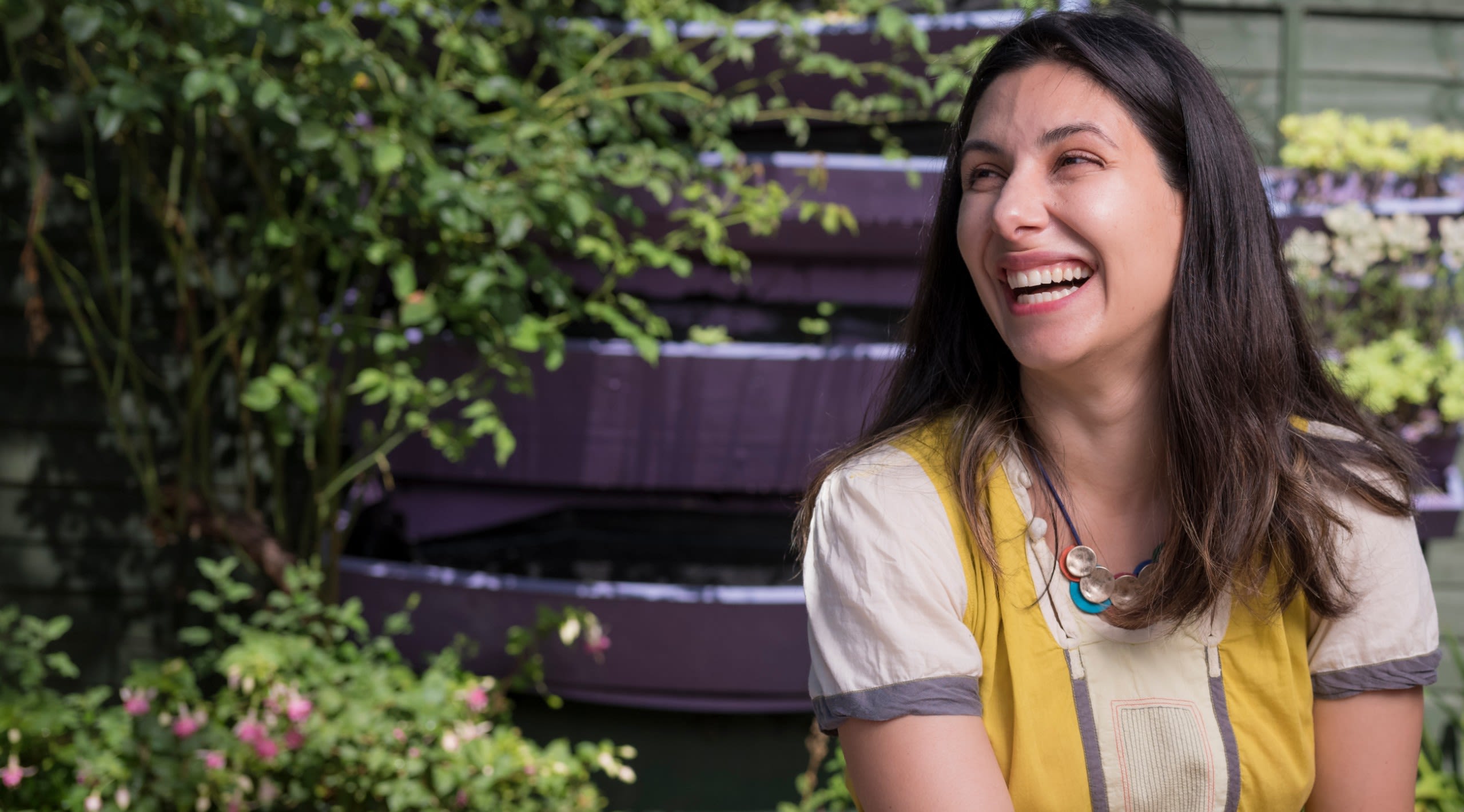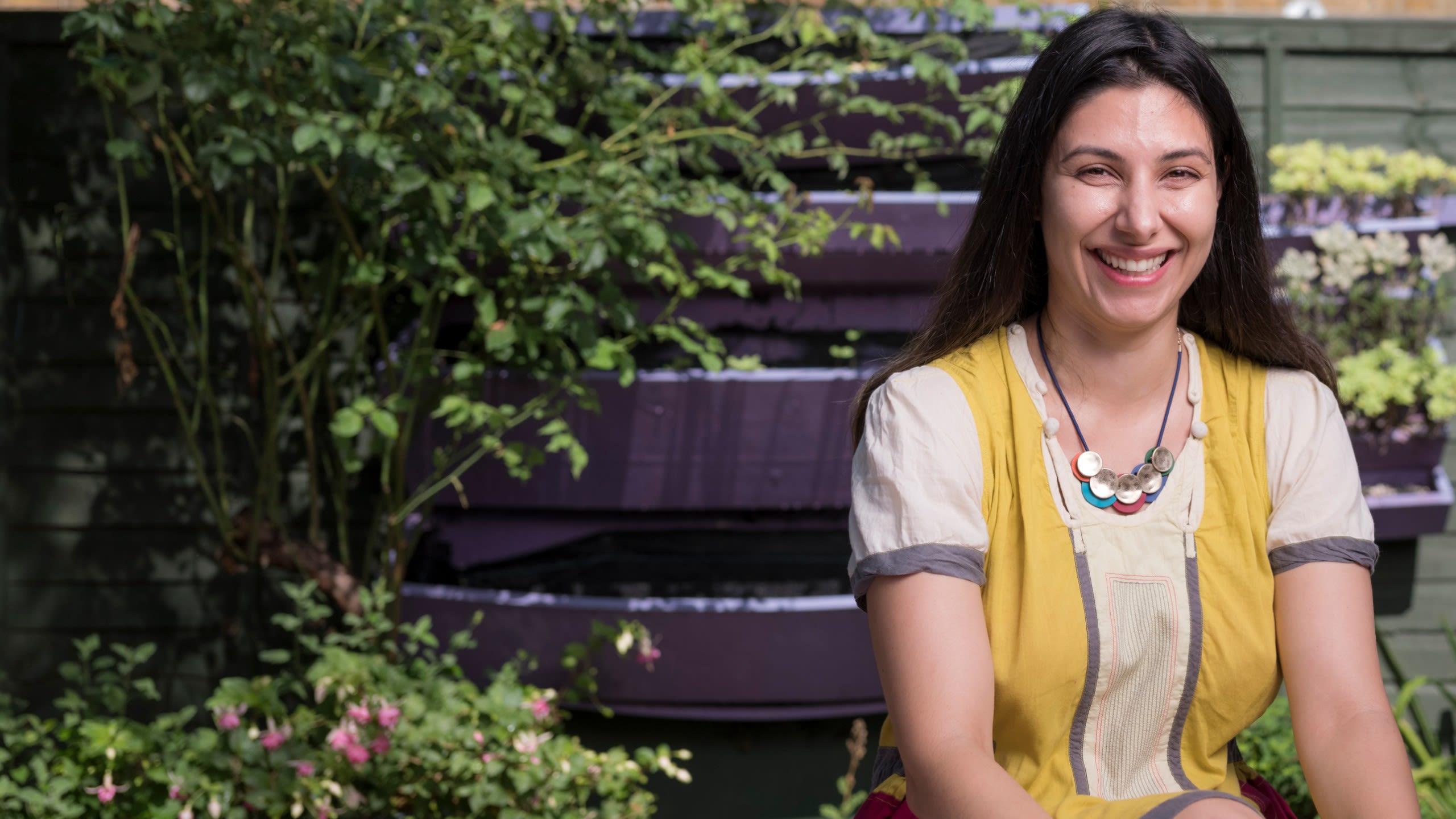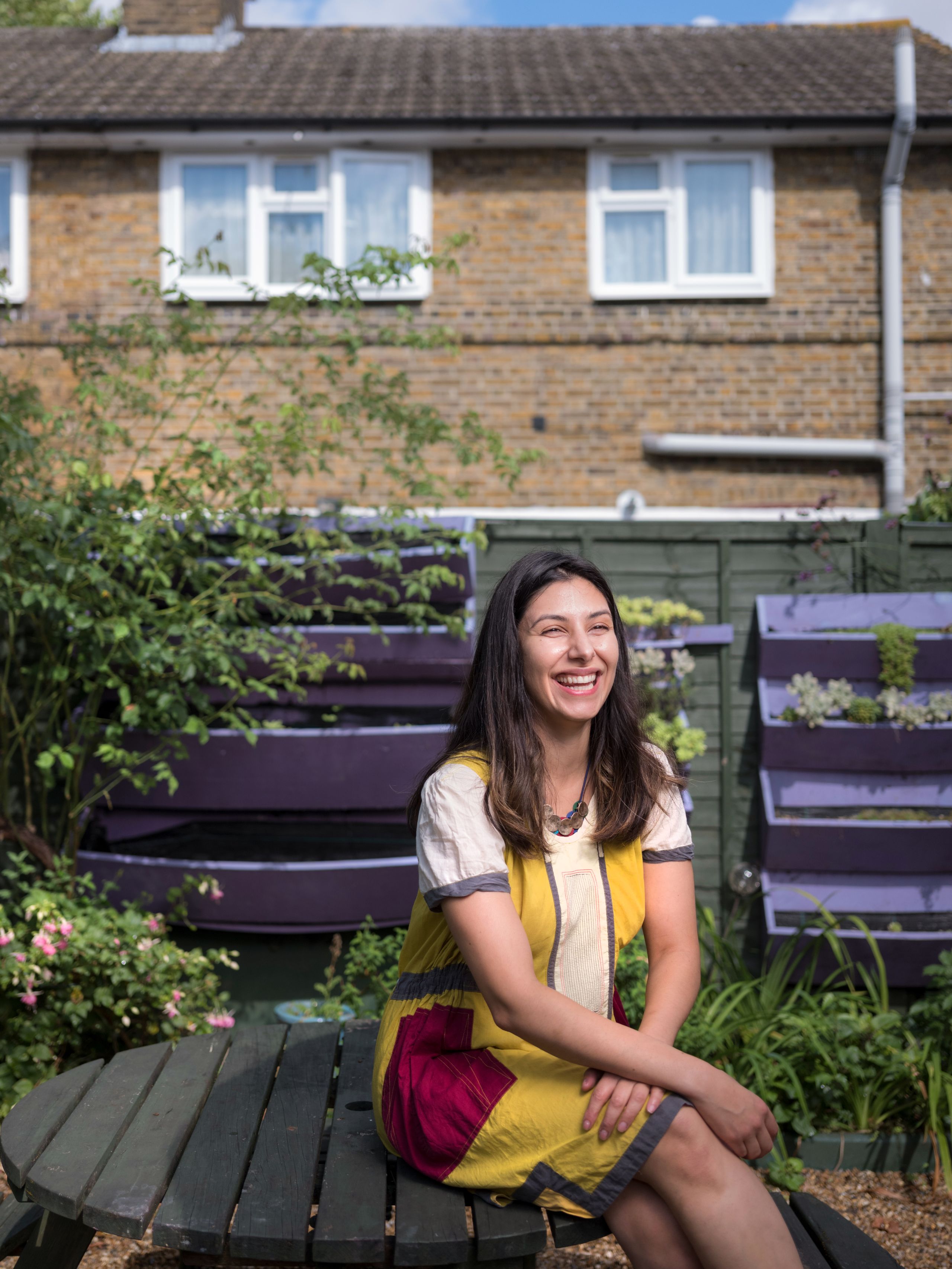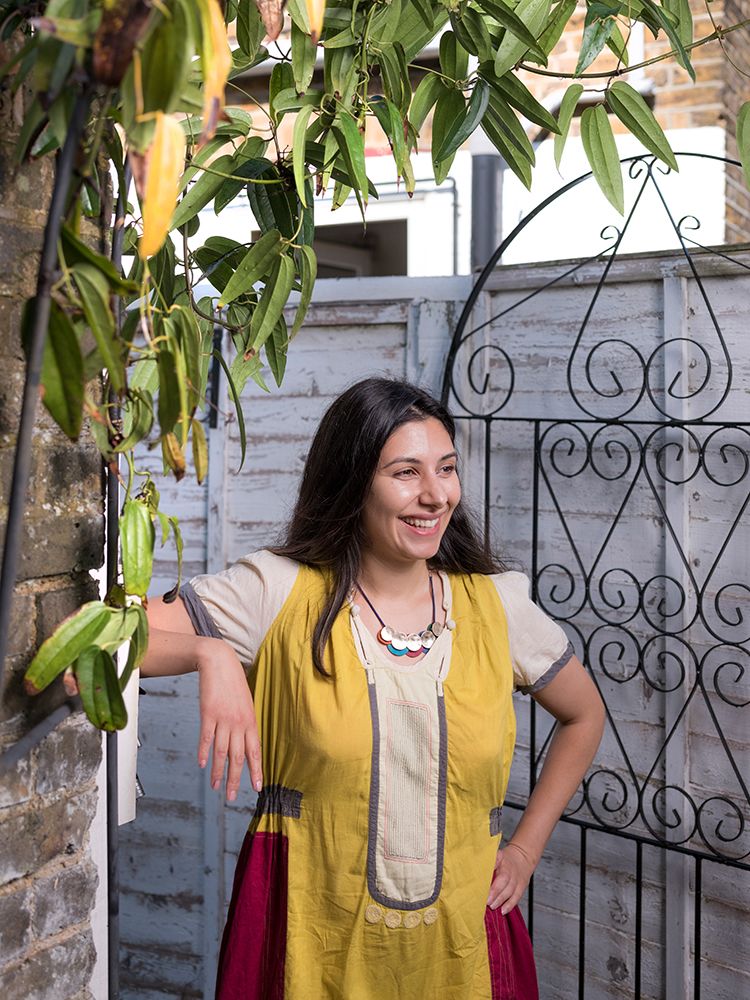"I feel very strongly about diverse representation across management and leadership boards"

Dr Roya Elaine Haghighat-Khah
Postdoctoral Research Associate, Department of Life Sciences
Engaging with Persian culture
"I was born and raised in London and am a first-generation British-Iranian, as well as being the first in my household to have a university degree. Today I work as a postdoctoral researcher of infectious diseases, focusing on the genetic control of mosquito and snail-borne human diseases. I am also identifying genetic factors linked to the severity of COVID-19.
Growing up, I enjoyed going to Rustam Persian School every Saturday. It was a space in which I could engage with Persian culture and where I learned to read and write Farsi fluently. I still occasionally join them for New Year celebrations known as Nowruz, which has Zoroastrian origins and is based on astronomical events (the spring equinox). I love that Persian celebrations are closely linked with nature and seasonal changes. I’m a life scientist so this suits me very well!
Nowruz (pronounced ‘no-rooz’) is the holiday of spring and renewal, celebrated by millions of people worldwide. Many Iranians observe it by doing a deep clean of their homes, celebrating a season of new life, and wishing for good luck in the year ahead.
The other half of my cultural identity is as a Londoner. I experienced a strong sense of togetherness, tolerance and respect for every culture, religion and sexuality growing up in a diverse multicultural community. In London, I feel that we strengthen our sense of belonging by celebrating each other’s cultures and communities. The best thing about being a Londoner is that we don’t have tunnel vision and are always open to discussing even the most controversial topics and opinions with respect.
Pictured in the garden of her London home, Roya's London is a place of togetherness and respect for all.
Pictured in the garden of her London home, Roya's London is a place of togetherness and respect for all.
Facing barriers to progression
I feel very strongly about diverse representation across management and leadership boards. I recently sat on a management committee for an external organisation and found myself challenging a leader's prejudice. This incident happened during a time of heightened tension between the USA and Iran and an overtly racist joke was made when I decided to speak up. Racism is not acceptable in any form.
Unconscious bias in academia is rife. Some in leadership positions provide opportunities to those with the most similar characteristics to themselves — including ethnicity.
I am grateful for the opportunities I have had as a result of my education and career. It has enabled me to freely express my concerns about the challenges women like me face in science not just due to ethnicity but economic background, parenthood and caring responsibilities.
Unconscious bias in academia is rife. I feel there are some people in leadership positions who provide opportunities to those that have similar characteristics to themselves — including ethnicity. This often leads to painfully slow career progression for staff and students who are from ethnic minority backgrounds.
I am open and honest about the challenges and barriers I face today to progress further in my scientific career. I provide support for A-level students who come from widening participation backgrounds by arranging lab visits (these are suspended because of COVID-19) and Q&A sessions to debunk myths about university and the applications process. As a widening participation student once myself, it is easy to relate to their experiences and demonstrate that someone with a similar background can have a career in science.
Amplifying the voices of ethnic minorities
I look forward to seeing a more representative proportion of students and leaders from ethnic minority backgrounds at Imperial to better reflect the diversity of our country.
I am extremely proud of my colleagues' efforts to listen to and amplify the voices of researchers from ethnic minority backgrounds at Imperial, including those from the IMPACT talent development programme spearheading this campaign. I recently joined Imperial As One and have enjoyed getting to know other staff from ethnic minorities at the College. I find this community to be emboldening and uplifting and feel more fulfilled because of it.
I am also immensely proud of those colleagues working to identify and dismantle the structural barriers to improve representation and career progression of minority ethnic staff and students at Imperial. The initiative that speaks the most to me is the College’s preparation for an application for the Race Equality Charter. I think that developing an action plan with clear goals clearly demonstrates our academic community’s support for wider institutional changes. I look forward to seeing a more representative proportion of students and leaders from ethnic minority backgrounds at Imperial to better reflect the diversity of our country."

Roya shares her story as part of Shifting the Lens: a celebration of cultural diversity at Imperial.
This interview was edited by Martha Salhotra and photographed by Jason Alden.

